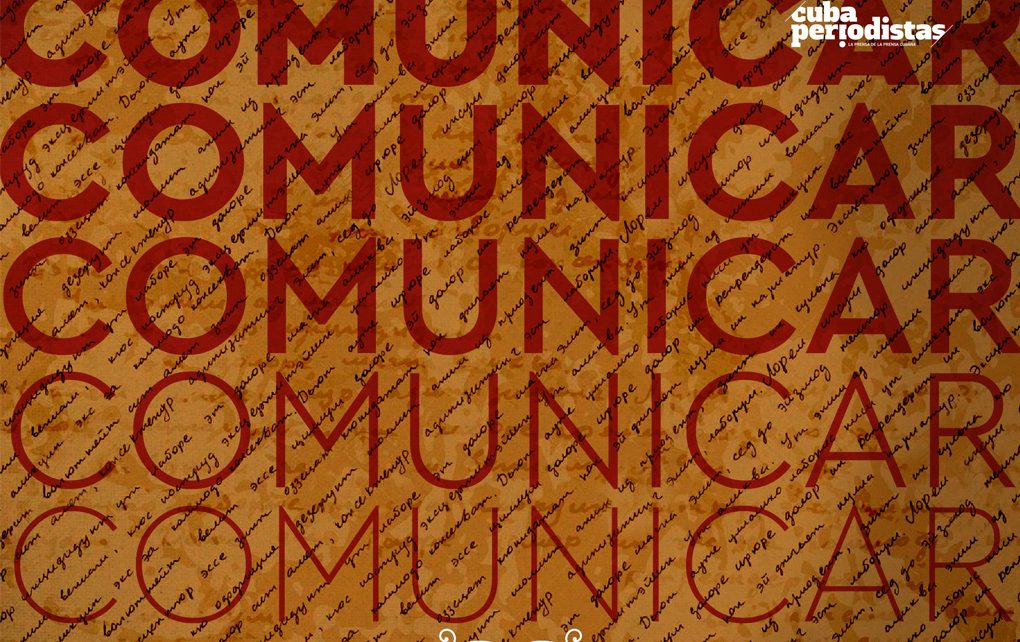Every time we refer to municipal autonomy and to the fact that each project that is born in this area is connected with the Local Development Strategies, we must not stop thinking about Social Communication, as a pillar of Government´s exercise, because it is common to all that we do to achieve greater citizen participation.
Sometimes, it is difficult to understand, or if it is achieved, it is not applied correctly, that no matter how good an idea is, if it is not communicated properly, we then take the risk of not being adequately implemented or accompanied in times where the robustness of the actions we need has a lot to do with it.
It is a two-way path where not only there is a benefit received but also there is a contribution to achieve the greatest possible consensus and a quick advance in terms of a common strategy of which the key is: popular participation.
It is a fact to the extent that during the recent meetings held by the highest Government´s leadership of the Communist Party in the nation by the different provinces through the related analysis of the Economic reserves of the Social Development Strategies. There was never a lack of strategy to achieve the more effective communication of the proposals, and this is precisely because they imply the actions by the men and women who will carry out them, their related assessment and constant information on their behavior.
When the recognition of the most outstanding community projects over the last year in Cuba was known during the last hours, it was received with satisfaction that they all have participation as a common element. And we participate when we manage to communicate properly what the purposes of the goals we set ourselves are, when the actions that we want to carry out in a neighborhood become transparent, when people feel part of the project and consciously contribute to it, transform or improve it; when they feel that it is beneficial and effective in the community setting, when little by little, a true popular education is achieved by participating, transforming and learning.
We still have a long way to go on this path, but if these community projects set the pace, that is where we should look and take the best experiences as references.
On the other hand, and speaking of communication issues, I know constituency delegates who use digital social networks as a way to periodically render accounts of their management or to maintain the necessary and expedited interaction with their constituents or to provide immediate information, as well as maintaining traditional communication methods such as direct face-to-face contact, which is irreplaceable, but with the combination of other possible tools to reach people, it gives them an advantage in their governance.
Communicating also implies knowing, researching, knowing when and how to do it, in which scenario it would be the most appropriate, with whom and why we communicate.
It is an art that has for everyone the ingredient of knowledge, being in the place of the other, and as part of their possible personal, institutional or community mediations to understand what is happening at the base and to seek for the best possible solution, which cannot be the same even within the same community.
It is the ultimate end. Achieving it is true communication with participation.
Ah, and another ingredient to communicate: revolutionary sensitivity. Work for the collective good above individual interests and the fact about being a personal example so that our authority could be recognized and not imposed.
By Demetrio Villaurrutia Zulueta


